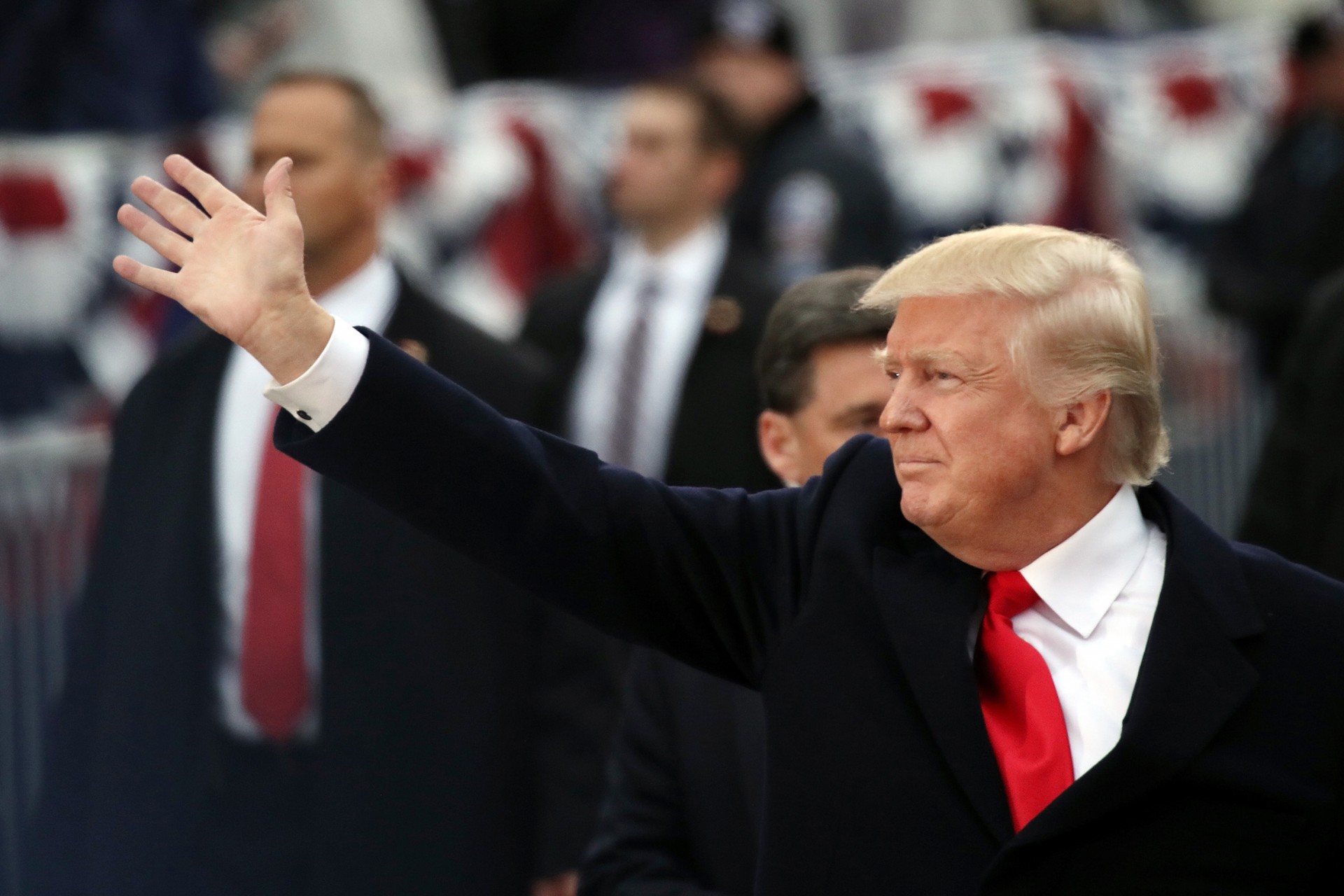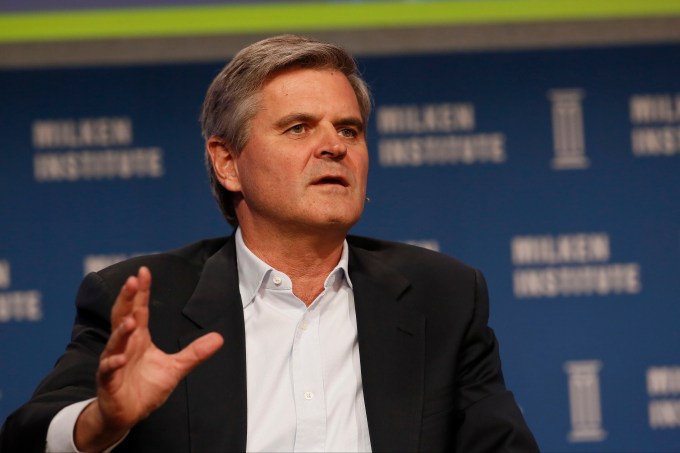Trumps first weeks in office have politicized the tech industry


Earlier this week more than 100 companies including Apple, Facebook and Google filed an amicus brief challenging the constitutionality of President Trumps January 27 immigration action, Executive Order 13769.
The move comes after days of heated rhetoric and protests in Silicon Valley over the new administrations statements and policies. Contrary to any business-as-usual atmosphere, President Trump has thrown the tech industry into turmoil.
Confusion, friction,obstruction
Though some upsides to Trumps IT policy may emerge, a lack of internal structure in the White House is adding to the uncertainty that began on the campaign trail. The presidents tech agenda is largely a blank slate. During the election, candidate Trump issued no major tech policy briefs, gave no major IT speeches and generally only talked about tech to hammer Apple or Amazon on jobs.
His transition team and White House communications office did not respond to multiple requests to discuss tech policy priorities or appointments for this story. The White House Office of Science and Technologys website is down and only one (known) White House staff tech adviser Trump family friendReed Cordish has been named.
During the election, candidate Trump issued no major tech policy briefs, gave no major IT speeches and generally only talked about tech to hammer Apple or Amazon on jobs.
The administrations first tech-related policy initiative, an executive order on cybersecurity, first faced big questions, then was scrapped.
After an acrimonious campaign relationship with the technology sector, the play-nice period fostered by Trumps December 15 Tech CEO Summithas definitely waned.
Discord between the White House and Silicon Valley is already factoring on several fronts. At the CEO level, industry leaders are verbally, legally and organizationally clashing with Trumps policies.
Uber CEO Travis Kalanickresigned from Trumps business advisory board over thetravel ban. Before this weeks en masse industry challenge, Microsoft and Amazon had alreadyfiled a federal lawsuitagainst the executive order. Google announced a$4 million fundto help those affected by Trumps immigration orders.
And in anticipation of administration restrictions on the H-1B visa program, some tech co-founders established an industry contingency plan True North to relocate their foreign workers to Canada.
Theres also the increasing possibility of frequent protests and flat-out obstruction by tech leaders and workers against Trump administration policies, some of which may already be in play.
There is a lack of clarity regarding Trumps technology policies. Most campaigns lay out specifics on a whole range of issues. The fact that he didnt concerned me.
Last week, Google employees worldwide staged walkouts over the travel ban. IT workers some affiliated with a newTech Solidaritygroup also recentlyprotestedin front of Palantir on fears the Peter Thiel co-founded company could assist a Muslim registry.
And on the extreme end, theCalexitmovement for California secession elevated by venture capitalistShervin Pishevar cleared administrative hurdles to become a ballot initiative in 2019.
In the meantime, pressure on industry executives to weigh in against the travel ban is mounting. Elon Musk who was also named to Trumps business advisory board with Ubers Kalanick is facing calls to step down. Though not part of the original grouping, his companies Tesla and SpaceX joined the list of firms backing the amicus brief lawsuit against Executive Order 13769.
Cabinet, management style, potential upsides
For all the current distressaround Trump and tech, there could be some policy upsides down the road.
Steve Case, the internet pioneer and co-founder of the Washington-based tech investment firm Revolution LLC, saw a mixed bag in the wake of the inauguration. There is a lack of clarity regarding Trumps technology policies. Most campaigns lay out specifics on a whole range of issues. The fact that he didntconcernedme, he said. But now that he won, that lack of clarity could create greater opportunity to influence the policies.
Outside of the policy realm, Case also thinks Trumps election win which was driven by a surge in rural and rust-belt support could serve as a wake-up call for Silicon Valley to widen its perspective, be more sensitive to the broader societal impact of technology, and lead to greater investment in more regions of the country.

Steve Case, chief executive officer of Revolution LLC and co-founder of America Online Inc. Patrick T. Fallon/Bloomberg via Getty Images
While its hard to determine the new administrations tech agenda,Consumer Technology Association CEO Gary Shapiro believes industry benefits could come through Trumps other policy priorities.
If theres an infrastructure bill, theres a possibility to include broadband, to build smart highways with fiber underneath. These are bi-partisan things and I dont think Trump is going to disagree onthem, he said.
Shapiro also sees tech opportunities in Trumps trade policies: Redoing NAFTA could be a good thing. It was negotiated in 1993, it hasnt dealt with intellectual property, it hasnt dealt with the internet, it hasnt dealt with data flows.
Carl Guardino, president of theSilicon Valley Leadership Group, points to possible industry benefits from Trumps taxrepatriation plan. Wed like to see that money trapped overseas come backto strengthen the American economy and our companies, he said.
Guardino also believes tech policy under a Trump administration could be positive if the president lets his appointees lead. Beyond the White House, there are multiple executive agencies and commissions from the FAA and FCC to The Department of Labor that regulate the tech industry.
It will be interesting to see his style with his cabinet members. Will he follow more of a CEO I hired you because youre smart, go model, offering independence? Guardino said. If thats the case, for example, with someone as competent and capable as Transportation Secretary Chao whose agency will co-regulate drone delivery and self-driving cars then we have great hopes. If his style is more micromanagement, then it will be more challenging.
Read more: https://techcrunch.com/2017/02/07/trumps-first-weeks-in-office-have-politicized-the-tech-industry/